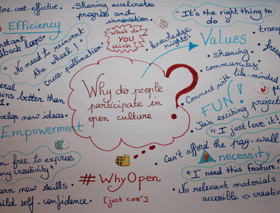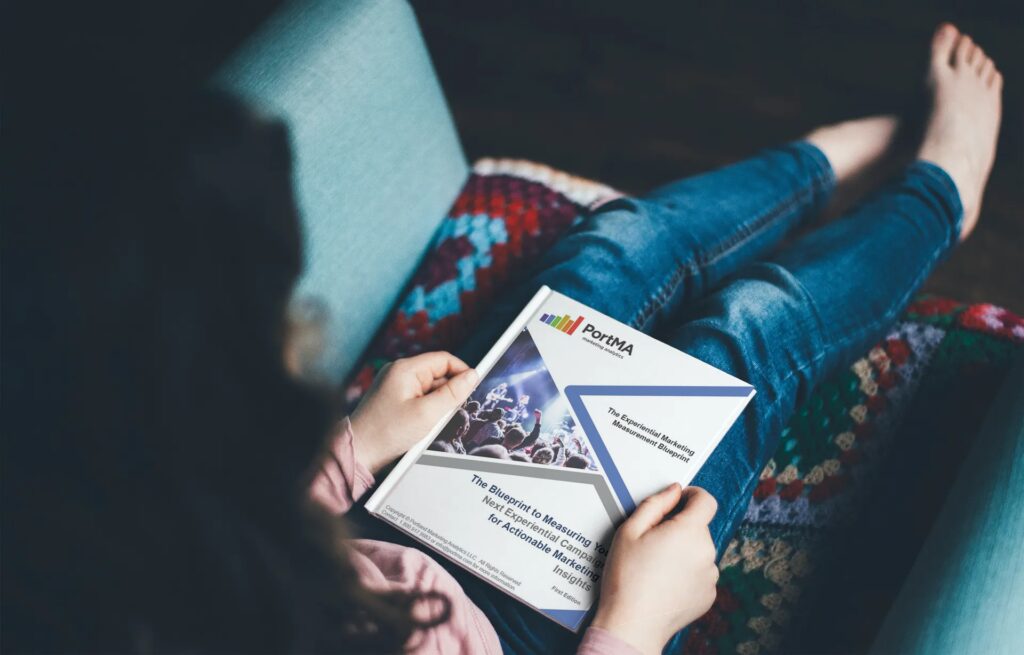
Researchers use surveys to enter the mind of the consumer. An event marketing survey should be clear, concise, and provide relevant and impactful data. Survey design is not a process to rush—all questions in a survey need to be relevant to the end goals of the research.
Like many things in event marketing research, there is no one-size-fits-all survey, but we believe there are three basic question types all successful event marketing surveys have.
1. Objective-Focused Questions
Before the survey design starts, the event marketing research objectives should be clearly defined. Any question included in any survey should relate directly back to a research objective. An easy way to ensure your survey does this is to take each question in your survey and align it with an objective. We find this process particularly helpful when multiple people are responsible for survey design.
Questions should not be asked because they are interesting but because they help measure the impact and success of a program defined by clearly designed research objectives.
2. Demographic Questions
In addition, good surveys ask questions that help identify the people who responded to the survey.
Nine out of ten times, an event marketing survey will have a target consumer group they are trying to reach. Questions that provide demographic information will help separate this group from the rest.
Above all, we believe all surveys should identify gender and age. Other common demographic questions include:
- Ethnicity
- Employment Status
- Education
- Household Income
- Marital Status
- Number of Children Under 18 in Household
Carefully consider demographic questions because people are sensitive to them. Respondents are private by nature and can be skeptical or flat-out insulted about questions like this classic example:
A person might be offended if you ask, “How old are you?” but she will often answer the question, “What year were you born?” proudly.
3. Segmentation Questions
A robust event marketing survey allows easy manipulation of the data into pertinent groups that will help the research team report actionable insights to the client team. These can be questions answered by the consumer (demographic or psychographic-type questions) or by the person who administered the survey.
It is important not to collect demographic and segmentation questions for the sake of collecting them. Make sure you segment the groups into actionable segments that link directly to the research objectives.
For additional information on different surveys and related applications, we recommend the survey marketing guide posted by INFUSEMedia.
Surveys are like snowflakes (no two are alike), but in our experience, the best surveys include specific groupings of questions.
Photo Source: https://www.flickr.com/photos/99537327@N02/

Additional Resources
FOR EXPERIENTIAL MARKETERS
- Experiential Measurement Blueprint
- Event Impression Calculator
- Experiential ROI Benchmarking Reports
- Event Measurement Video Tutorials
